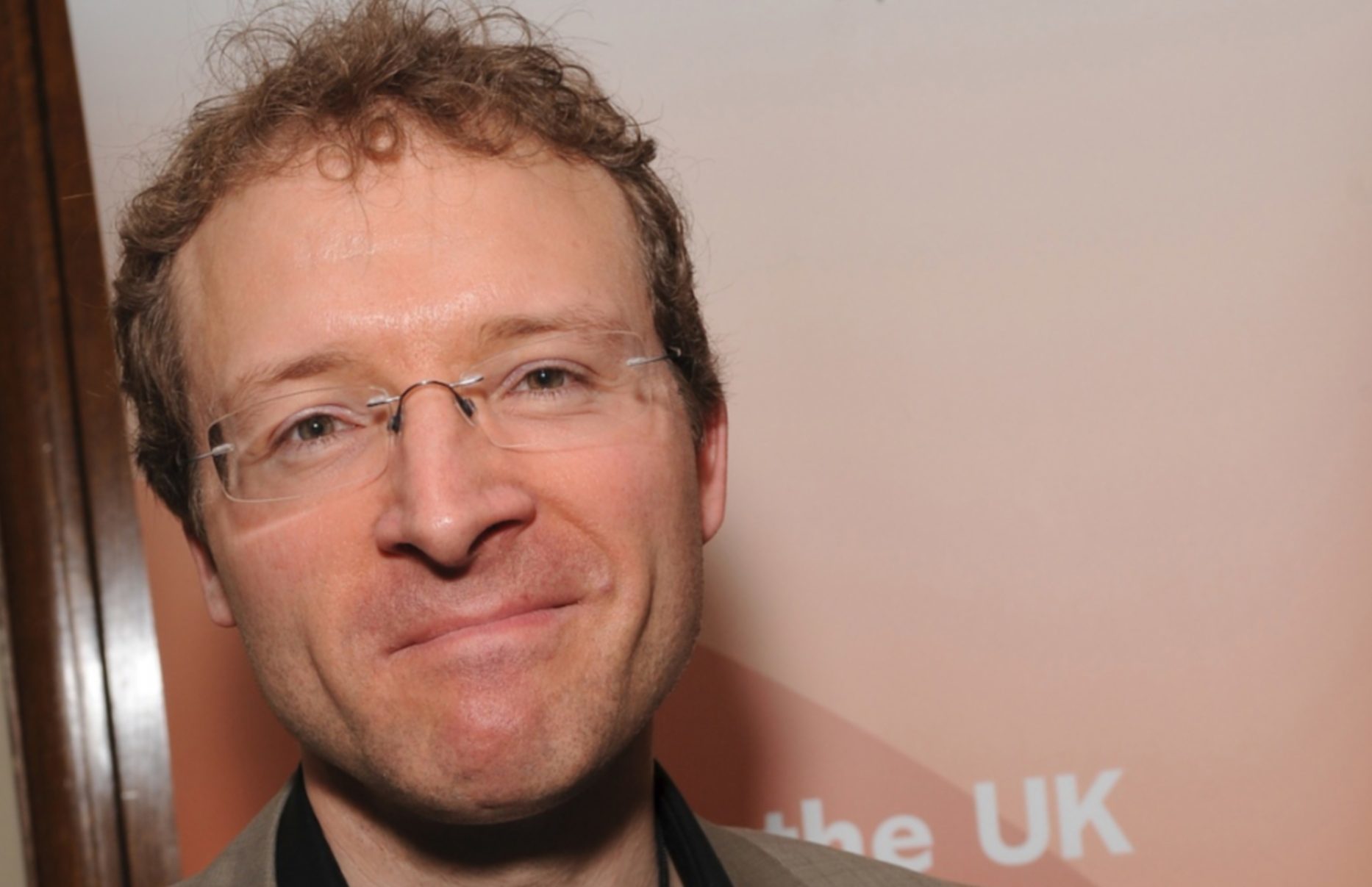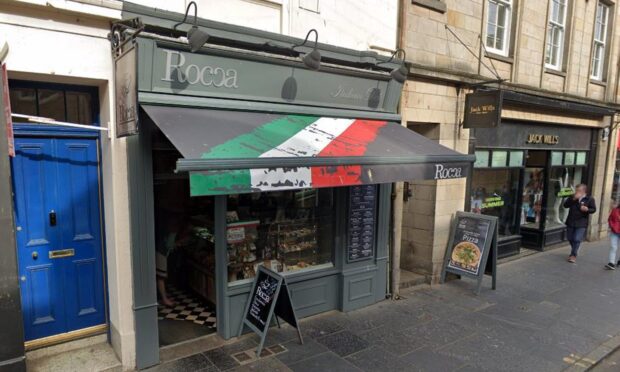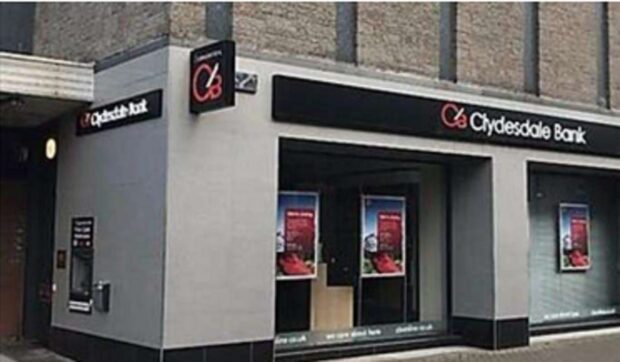Trade organisation TIGA believes the UK video games industry will increase investment and expand employment in 2017.
The network for games developers and digital publishers made the comments in its Business Opinion Survey for 2017, based on 50 games businesses developing games across mobile/tablet, VR, PC and console.
The video games industry is a key part of Dundee’s digital sector which is a significant contributor to the area’s economy.
The Tech Nation report for 2016 estimated the input of gaming, app and hardware development in Dundee at £61.4 million a year supporting 3,300 jobs.
In the latest TIGA survey, 88% of respondents said they planned to grow their workforces over the next year – up from 72% a year ago.
The proportion who said the outlook for investment in their business in R&D, training, new games development was up at 50%, with 30% saying their outlook was unchanged
In performance, 72% said their company was performing well and just 6% reporting bad performance.
Among other findings, 64% forecast that their company’s net profits over the next 12 months would be up, 70% anticipated their costs are likely to increase and 40% expected their prices for customers will rise.
Limited access to finance was restricting the growth of 34% of respondents, and a further 34% cited discoverability as the biggest obstacle. Skills shortages and gaps were a concern of 16%.
Dr Richard Wilson, chief executive of TIGA, said: “The UK video games development and digital publishing sector is set to grow in 2017 driven by three factors.
“The consumer market for games is big, broad and burgeoning. The UK is the sixth largest market for games in the world and 31.6 million people in the UK play games.
“Secondly, the spread of mobile and tablet devices, the new console generation, the popularity of PC games and the advent of Virtual Reality and Augmented Reality are prompting investment in games.”
Thirdly Video Games Tax Relief, which TIGA played a decisive role in achieving, was “fanning the flame of growth.”
Relief is predicted to create 2,800 development jobs and £331m in investment up to 2020.
“Games Tax Relief effectively reduces the cost and risk of games development and it incentivises investment and job creation,” he added.










